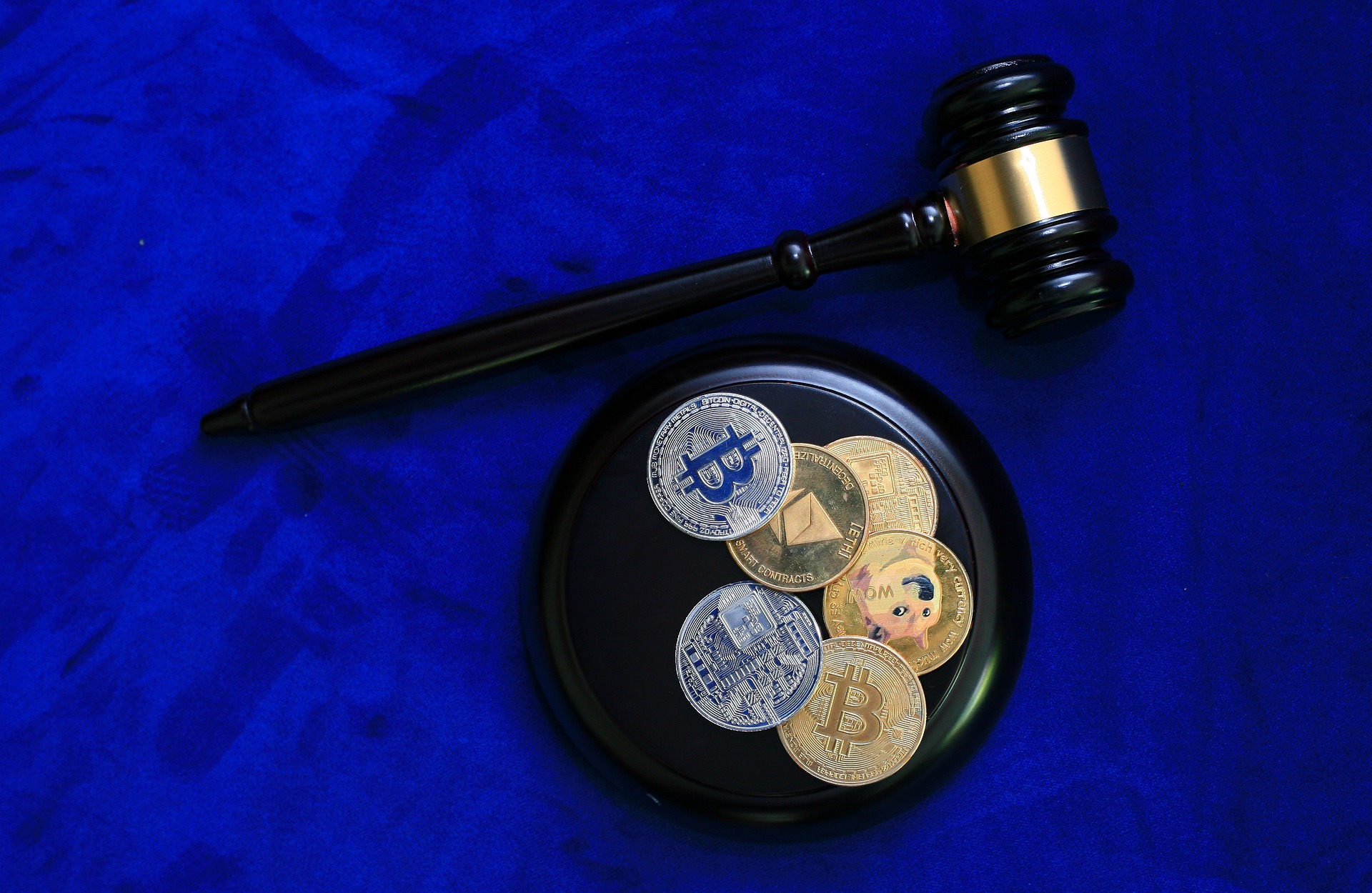Unveiling the Intricacies of Intellectual Property Rights in the Digital Age
The digital age has redefined the landscape of intellectual property rights, bringing a host of new challenges and opportunities. This article delves into the intricacies of intellectual property rights in today's interconnected world, tracing historical developments, examining recent legislative changes, and exploring the impact on society.

A Historical Overview of Intellectual Property Rights
Intellectual property rights were established to protect the rights of creators and inventors, spurring innovation and economic growth. The concept has its roots in the Renaissance, with the first patent law enacted in Venice in 1474. However, the advent of the digital age has significantly complicated these issues. The ease with which digital content can be copied and disseminated has made it harder to protect intellectual property rights, forcing law makers to adapt and evolve.
The Digital Age and Intellectual Property Rights
The digital revolution has caused a seismic shift in how intellectual property rights are perceived and enforced. Digital content, such as software, music, and literature, can be effortlessly replicated and distributed, often without the original creator’s consent. This widespread piracy has sparked a need for more robust intellectual property laws that can keep pace with technological advancements.
Recent Legislative Changes
In response to these challenges, numerous countries have revised their intellectual property laws to better accommodate digital content. For instance, the European Union has enacted the Digital Single Market strategy to modernize copyright laws for the digital age. Similarly, in the United States, the Digital Millennium Copyright Act was passed to combat digital piracy and protect copyright holders.
The Societal Impact of Intellectual Property Rights in the Digital Age
The changes in intellectual property laws have significant societal implications. On one hand, they can stifle creativity and freedom of expression. Strict copyright laws may discourage remixing and repurposing of existing content, which is a vital part of our digital culture. On the other hand, they can also foster innovation by ensuring creators can profit from their work.
The Future of Intellectual Property Rights
The rapid pace of technological progress implies that intellectual property laws will continue to evolve. Stakeholders must strike a balance between protecting the rights of creators and fostering an environment conducive to creativity and innovation. With the rise of artificial intelligence and machine learning, the question of who owns the rights to AI-generated content will become increasingly relevant.
In conclusion, intellectual property rights in the digital age are a complex and evolving issue. A nuanced understanding of the historical context, recent legislative changes, and societal implications is essential to navigate this challenging landscape. As technology continues to advance at breakneck speed, the need for clear, adaptable, and fair intellectual property laws becomes ever more pressing.




